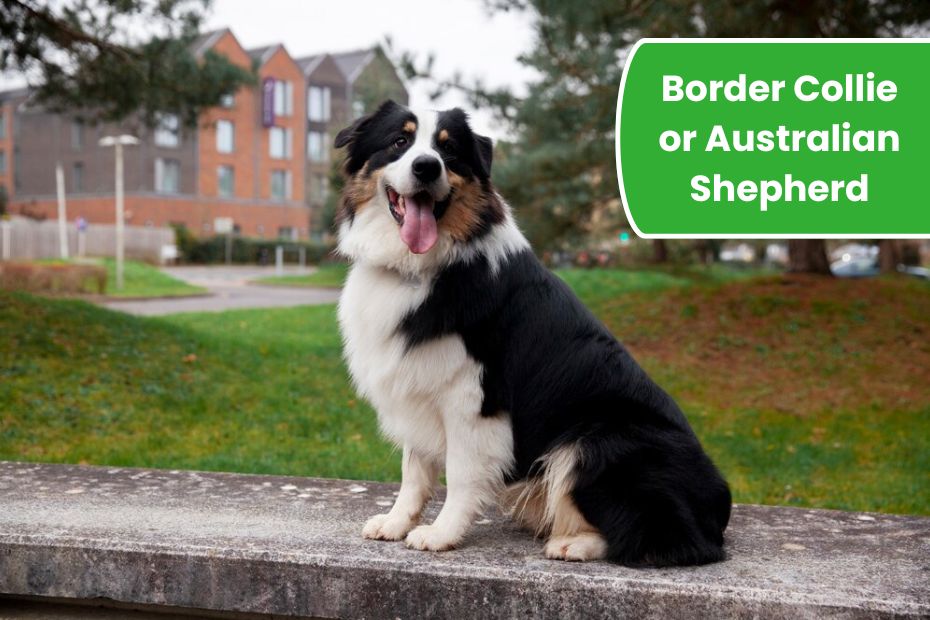When it comes to dog breeds, aggression is a topic that often sparks debate. While no breed is inherently aggressive, some dogs may display more aggressive tendencies due to genetics, training, or upbringing. Understanding which breeds are more prone to aggressive behavior can help potential owners make informed decisions. In this article, we’ll rank the top 15 dog breeds that are often considered the most aggressive, based on expert insights and data.
What Makes a Dog Breed Aggressive?
Aggression in dogs can be influenced by multiple factors, including genetics, training, socialization, and the environment. Some breeds have historically been used as guard or protection dogs, making them more likely to exhibit defensive or territorial behavior. However, it’s essential to remember that any dog, regardless of breed, can become aggressive if not properly trained or treated.
The Top 15 Most Aggressive Dog Breeds
Pit Bull Terrier
Pit Bulls are often associated with aggressive behavior due to their powerful build and history as fighting dogs. Proper socialization and training from an early age are crucial to raising a well-mannered Pit Bull.
Rottweiler
Rottweilers are protective and loyal but can be aggressive if they feel threatened. Their strong guarding instincts make them formidable, especially when not properly trained.
German Shepherd
German Shepherds are known for their intelligence and loyalty but can become aggressive if they perceive danger. They are commonly used as police and military dogs.
Doberman Pinscher
Dobermans are alert and protective, often used as guard dogs. Without adequate training, they may exhibit territorial aggression.
Chihuahua
Surprisingly, Chihuahuas can display aggression, often due to fear or feeling threatened. Despite their small size, they can be territorial.
Jack Russell Terrier
Known for their energy and stubbornness, Jack Russells can become aggressive if they are not well-socialized or mentally stimulated.
Siberian Husky
Huskies are independent and can be aggressive if not properly socialized. They require firm leadership and consistent training.
Alaskan Malamute
Similar to Huskies, Malamutes are strong-willed and can exhibit aggression if they lack socialization or proper training.
Bullmastiff
These dogs are natural protectors, but without guidance, they may become aggressive, especially towards strangers.
Wolf Hybrid
Wolf hybrids inherit traits from their wild ancestors, which can make them unpredictable and prone to aggression.
Akita
Akitas are known for their loyalty but can be wary of strangers. They may become aggressive if they sense a threat to their family.
Chow Chow
Chow Chows are reserved and can be aloof, which sometimes translates to aggressive behavior if not socialized properly.
Cane Corso
A powerful and protective breed, Cane Corsos require firm training to manage their guarding instincts.
Dogo Argentino
Bred for big game hunting, these dogs can be aggressive if not well-trained and socialized from a young age.
Presa Canario
Known for their strength, Presa Canarios can be aggressive if they sense a threat, making early training essential.
Tips to Manage Aggression in Dogs
- Early Socialization: Introduce your dog to different people, animals, and environments to reduce fear-based aggression.
- Consistent Training: Use positive reinforcement and establish boundaries to maintain control.
- Exercise: Physical and mental stimulation can help reduce aggressive tendencies.
- Professional Help: Consult a dog trainer or behaviorist if you notice signs of aggression.
Conclusion
Aggression in dogs is a complex issue influenced by many factors. While some breeds are more prone to aggressive behavior, responsible ownership, proper training, and early socialization can make a significant difference. Understanding your dog’s needs and characteristics is key to fostering a well-adjusted and friendly pet.
FAQ’s
1. Can aggressive behavior be corrected?
Yes, with proper training, socialization, and consistency, most aggressive behaviors can be managed or corrected.
2. Are certain dog breeds inherently aggressive?
No breed is inherently aggressive; it often depends on upbringing, training, and socialization.
3. Is it safe to adopt a breed labeled as aggressive?
Yes, but it’s essential to understand the breed’s characteristics and commit to proper training.
4. What should I do if my dog shows signs of aggression?
Consult a professional dog trainer or behaviorist for assessment and guidance.
5. Can neutering or spaying reduce aggression?
In some cases, neutering or spaying can reduce hormone-driven aggressive behaviors.

